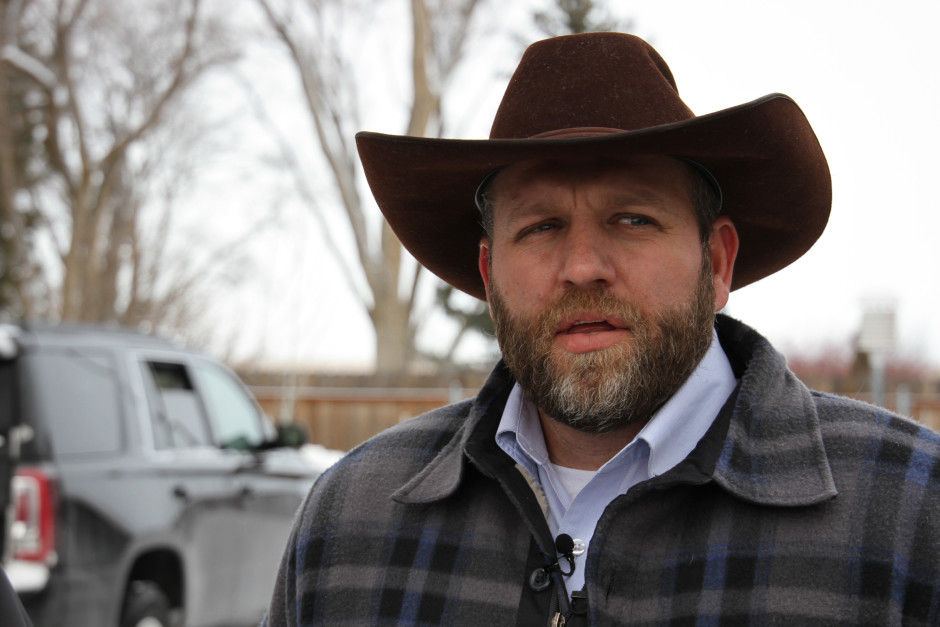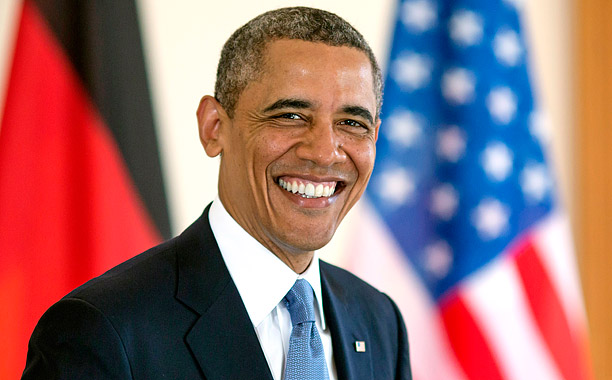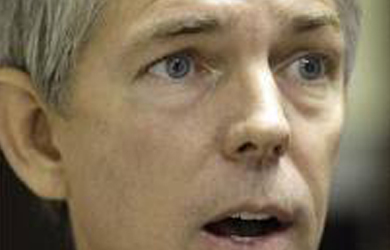In the final episode of “Random Book Blogging” based on John Fea’s “Was America Founded As a Christian Nation?: A Historical Introduction,” I want to highlight two passages that relate to the Religious Right’s insistence that the Founding Fathers were ultra-religious Christians who intended to create a Christian nation.
From the moment he began running for president, Barack Obama has been relentlessly criticized by the Religious Right whenever he speaks about his faith. In fact, for years now, we have been hearing how Obama is not actually a Christian and that his understanding of the Christian faith is woefully inadequate.
John Adams, on the other hand, is held up as a paragon of what it means to be a true Christian and a statesmen. But, for some reason, the Religious Right never bothers to mention that, like Thomas Jefferson, Adams did not believe that Jesus was God or that he died for the sins of mankind and actually mocked the idea:
[Adams] could not accept the historic Christian belief that Jesus Christ was God or that his death atoned for the sins of the world: “An incarnate God!!! An eternal, self-existent omnipresent Author of this stupendous Universe suffering on a Cross!!! My Soul starts with horror, at the Idea.” Adams thought the notion of “a mere creature, or finite Being,” making “Satisfaction to the infinite justice for the sins of the world” was a “convenient Cover for absurdity.” These doctrines were not part of the pure and undefiled teachings of Jesus as found in the Gospels, but were rather created by the leaders of the early Christian church who “misunderstood” Jesus’ message and thus presented it in “very paradoxical Shapes.”
Can you imagine the reaction of the Religious Right today if President Obama were to make such a claim?
But perhaps nothing better sums up the misrepresentation and pseudo-history peddled by the likes of David Barton than this:

That is the cover of Barton’s “America’s Godly Heritage” and it is a famous painting of George Washington kneeling in prayer while his troops were camped at Valley Forge. As the story goes, a man named Issac Potts owned the home where Washington was staying at the time and stumbled upon him making supplication to God on behalf of his army and the American cause, and Potts rushed home to tell his wife Sarah what he had seen.
There is only one problem:
There is one major problem with Potts’s story of Washington praying at Valley Forge – it probably did not happen. While it is likely that Washington prayed while he was with the army at Valley Forge in the winter of 1777-1778, it is unlikely that the story reported by Potts, memorialized in paintings and read to millions of schoolchildren, is anything more than legend. It was first told in the seventeenth edition (1816) of Mason Lock Weem’s Life of Washington. Weems claimed to have heard it directly from Potts, his “good old FRIEND.” Potts may have owned the house where Washington stayed at Valley Forge, but his aunt Deborah Potts Hewes was living there alone at the time. Indeed, Potts was probably not even residing in Valley Forge during the encampment. And he was definitely not married. It would be another twenty-five years before he wed Sarah, making a conversation with her in the wake of the supposed Washington prayer impossible. Another version of the story, which appeared in the diary of Reverend Nathaniel Randolph Snowden, claims that it was John Potts, Issac’s brother, who heard Washington praying. These discrepancies, coupled with the fact that Weems was known for writing stories about Washington based upon scanty evidence, have led historians to discredit it.
So while actual historian discredit the legend about Washington praying in the woods at Valley Forge, a psuedo-historian like David Barton plops a painting of it on the cover of his book and DVD about “America’s godly heritage.”
And that should pretty much tell you all you need to know.








